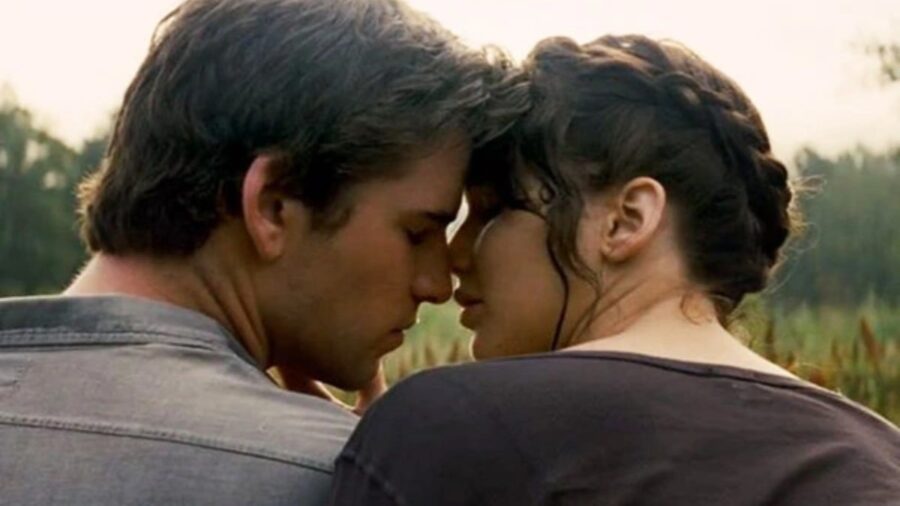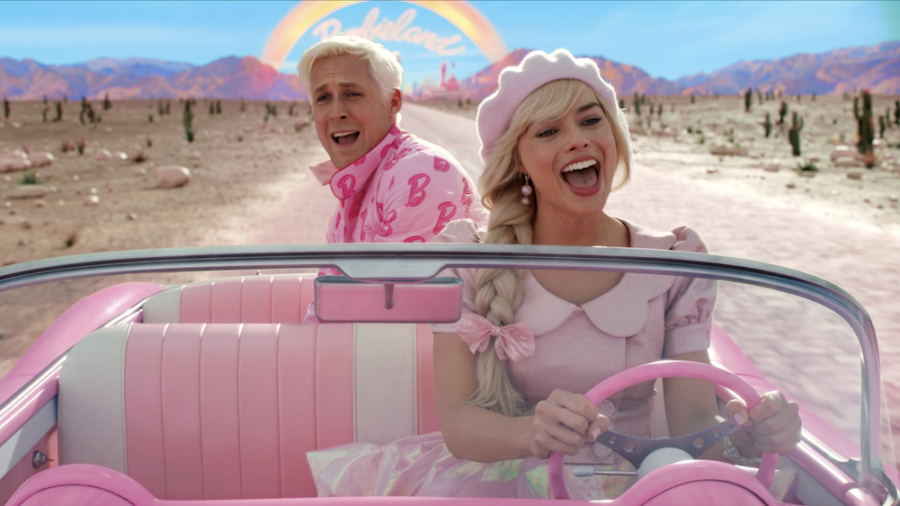Teenagers Hate Sex And Romance In Movies And TV

A study from UCLA made headlines on Variety, with results showing that Gen Z young people prefer less sex and romance in their movies and television shows. UCLA recently released a study on the viewing habits and preferences of 1,500 young people ages 10-24, only specifically asking ages 13-24 questions about sex and romance on screen.
Nearly half of the Gen Z respondents to a UCLA survey about sex and romance in movies want to see more romantic relationships, or asexual characters, depicted on screen.
The results of the study show that more than half of those questioned would prefer not to see sexual relationships depicted on screen but rather platonic and friendship-centered relationships. Most of the young people surveyed feel like the media overuses sex and romance to convey a connection between characters.
Particularly, Gen Zers would prefer to see shows where characters relate with one another in other ways. It seems the good ole adage “sex sells” isn’t hitting very close to home with the up-and-coming generation.
There’s a complete lack of platonic relationships in American cinema … every time a male and female character are together on screen, studios feel the need to make them fall in love.
A survey respondent from Georgia
While 44.3 percent of youth surveyed felt like romance and sex are overused in the media, around 39 percent specifically stated that they would prefer to see more depictions of aromantic or asexual characters on screen. Also, 47.5 percent of youth reported that studios should not think sex and romance are necessary for most television series and movie plots.

When Olivia Rodrigo was questioned on whether or not she had seen the popular HBO show Euphoria, she stated that she had no desire to see the show. Instead, she mentioned how refreshing it was to see the new Barbie movie. She talked about how it was nice to see a movie that has a female lead, not based on her sexual power or the traumatizing pain she has suffered.
“Adolescents want stories that reflect the full spectrum of relationships.”
Yalda T. Uhls, co-author of the youth study
Another youth from Georgia stated, “There’s a complete lack of platonic relationships in American cinema … every time a male and female character are together on screen, studios feel the need to make them fall in love.”
Co-author of the youth study, Yalda T. Uhls, talked about how teenagers do want less sex in their movies and television, but it’s not just a lack of sex they want. Youth want to see an array of different kinds of relationships reelected in the shows and movies they watch.
Uhls went on to further explain the wave of loneliness youth are feeling in a post-pandemic world. The separation and digital social environment of the world today are creating an urge for more original and creative content. “Adolescents want stories that reflect the full spectrum of relationships.”
In addition, today’s youths are having less sex than their parents were at their age. Sex on television makes youths feel uncomfortable and put off. “My friends are I maybe awkwardly bear through it,” said 20-year-old respondent Joseph in a question/answer video made for “Teens and Screens” 2023.
Other parts of the UCLA screening report showed that 56 percent of adolescents prefer to watch brand-new (original) content versus franchises or remakes. They also prefer to binge their shows rather than watch a weekly installment. Respondents of the study also ranked American YouTuber MrBeast as the number one most authentic media today.












